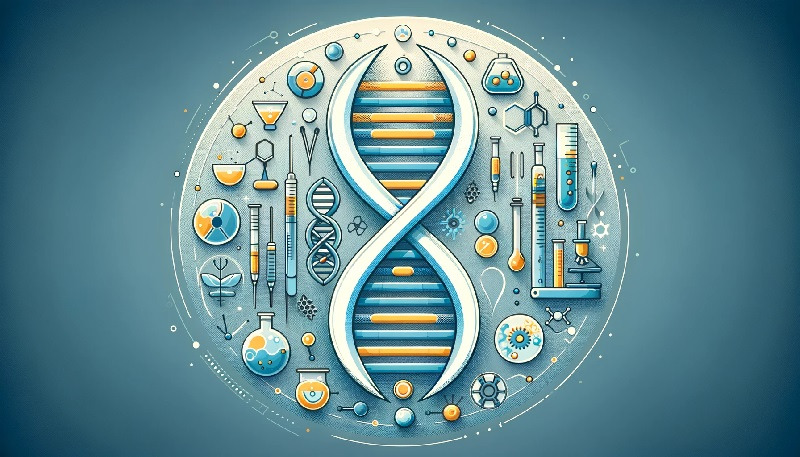Artificial Chromosomes: A Major Breakthrough Against Genetic Diseases
Human artificial chromosomes promise a new era in delivering genetic material to cells, according to a recent study from the University of Pennsylvania. First created in 1997, these chromosomes can carry much more synthetic DNA than existing carriers such as viral vectors or nanoparticles. Their potential applications range from treating genetic disorders to providing protection against cancer. However, despite more than two decades of research, this technology has yet to see widespread use.
A recent breakthrough demonstrates the creation of a new generation of artificial chromosomes that are easier to engineer and use longer DNA segments that are less likely to clump together inside cells. These improved chromosomes could theoretically transfer genetic material as large as the biggest yeast chromosome into human cells, opening up new possibilities for gene therapy and disease treatment.
Artificial chromosomes, designed as circular structures, make it easier to integrate them into human cells through a process called cell fusion. They can coexist with natural chromosomes without disrupting their normal functions. This is especially important for therapies that require added genes to remain in the body as cells divide, which could be crucial for treating rapidly progressing conditions like cancer.
With the advent of gene editing tools like CRISPR and delivery mechanisms targeting specific organs or tissues, interest in synthetic chromosomes is being renewed. Unlike viral carriers, artificial chromosomes do not integrate into our genome, making them potentially safer. Despite some challenges, such as the loss of chromosomes during cell division, recent research highlights their importance not only for human cells but also for a wide range of applications in healthcare, agriculture, and the production of medicines and vaccines.
These discoveries could make a significant contribution to the development of new gene therapy methods and the creation of synthetic organisms, opening up new horizons in biotechnology and medicine.



